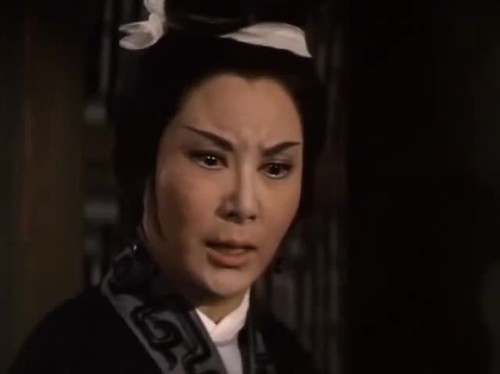


This book gives me what I need to incorporate the I Ching into my life. What it comes down to is that I like this guy, I trust his translation and interpretation (on instinct and recommendation from Mantak Chia of this version), and don't feel the need to read more elsewhere. More instructions would only confuse things! But if you want to know more about that you can look on the internet, and his main point is to keep it as simple as possible, so he didn't need to say any more about different methods.
#HUA CHING NI DAOIST HOW TO#
There are instructions on how to actually consult the I Ching, but not very extensive considering how big the book is. The introduction is very interesting from a Taoist philosophy point of view, it puts it all in context. The divination and guidance from the hexagrams are the important bit, and that will be true so long as you approach it with a pure heart and a clear mind. Some of the introductory sections are inspiring, some are strange and confusing, but that's Taoism for you! I'm not convinced by all of it, but I don't need to be. I suppose a true scholar could compare this to other I Ching translations and commentaries, and rate based on that. I'm not sure how much of the hexagram commentary is his, how much is from Confucius etc. What am I scoring? The ancient wisdom of the Taoist masters? No-one could be that presumptious, surely? I don't know the original language, and haven't read other translations or commentaries, so can't really judge Ni Hua-Ching's contribution. It's hard to know how to assign star ratings to this book. The rest is for a lifetime of consultation and study. But if Chapter 69 is actually about sexuality in the real Hua Hu Jing I'm gonna laugh my ass off. So I'm kinda finished, as I've done as much of it as I intend to read in order as a book. For those of you who have Hua-Ching Ni's translation of the Hua Hu Jing, does Chapter 69 talk about sexuality I only have access to Brian Walker's Hua Hu Jing and I doubt the validity of it. The main part of the second half, the guidance of the 64 specific circumstances that is the actual I Ching, I've deliberately left to explore as I'm led to the hexagrams by asking guidance for specific questions. What am I scoring? The ancient wisdom of t I've read all the introductory sections. So I'm kinda finished, as I've done as much of it as I intend to read in order as a book.


 0 kommentar(er)
0 kommentar(er)
